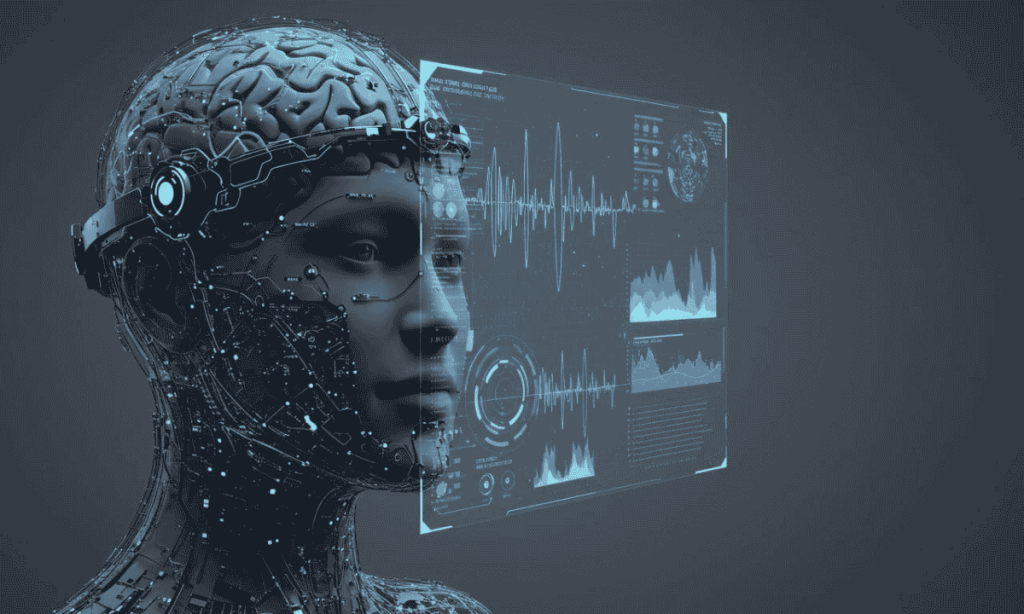
Introduction
Brain-Computer Interfaces (BCIs) are revolutionizing the healthcare industry today. They allow direct communication between the brain and external devices.
This will enable patients with severe neurological disorders or physical disabilities to control computers and other devices by thinking. They can help restore mobility, communication, and independence.
BCIs used in medical treatment
BCIs are used to improve communication in patients with locked-in syndrome and speech impairments. They can convert neural activity to text or synthesized voices. This improves quality of life and redefines possibilities for neurorehabilitation.
Ethics and Security Considerations
Although BCIs are a promising technology, their integration into healthcare raises ethical and security concerns. Protecting neural data from unauthorized access and maintaining patient confidentiality should be top priorities.
Long-term effects of continuous brain-computer interaction are also being studied. In order to protect users and encourage innovation, strict ethical frameworks and regulations must be established.
conclusion
Brain-Computer Interfaces are at the forefront of medical technology. They bridge the gap between digital systems and human cognition. The applications of these interfaces in improving communication, restoring mobility, and improving rehabilitation are a new era for patient care.
As research and AI-driven algorithms continue to advance, BCIs will become more accessible, reliable, and transformative–offering new hope to millions of patients and redefining the future of healthcare.
